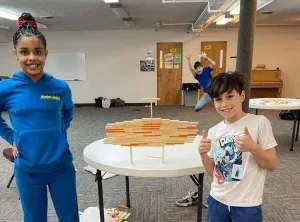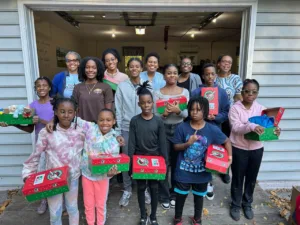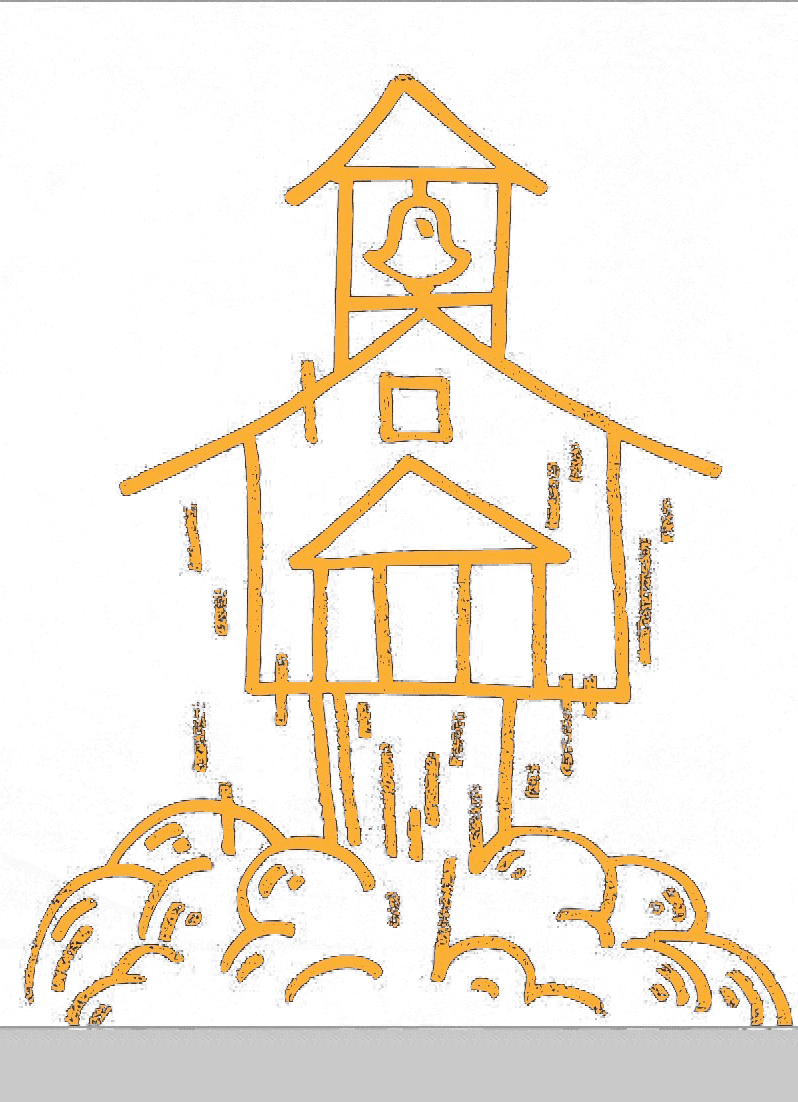Unconventional education has been seeing significant traction in recent years, mainly due to the popularity it gained during the pandemic. Educational approaches such as homeschooling and microschooling have now become widely accepted, and often sought-after, alternatives to traditional schooling.
One of the most fascinating aspects of unconventional education is that there’s no one way to do it. It looks different for every family. My family leveraged an eclectic homeschooling approach, blending various styles to create our learning routine. Other families may choose hybrid homeschooling, microschooling, roadschooling, or farmschooling. They may embrace different educational philosophies, such as those described in Entrepreneur-In-Residence Jennie Jones’s latest article here at the Education Entrepreneurship Lab.
One of those educational philosophies is known as self-directed learning, or self-directed education. It is different from many other forms of unconventional education because, as the name implies, it is initiated and directed by the learner rather than the teacher. According to Mosaic, a learning collective empowering families through what they’ve dubbed Independent Meaningful Learning or IML, self-directed learning is all about helping learners pursue their own interests instead of following a set curriculum. A study they conducted during the pandemic included over one thousand participants and revealed that parents using IML were less interested in grade-level proficiencies and standardized testing performance and were more focused on providing “a more holistic educational experience that went beyond rote learning” for their children.
Interestingly, the main barrier their study identified that would prevent families from adopting self-directed learning at home was simply a lack of information. Many parents were not aware of the model’s benefits or the resources available to ensure their children were being equipped with the skills needed to succeed in careers or at college/trade school. Nearly 45% of the respondents stated they would adopt self-directed learning models if they knew more about it.
This year, Mosaic has teamed up with the Institute for Self Directed Learning to launch another study aimed at understanding educators’ and school founders’ perspectives on self-directed education in the US. Their survey examines what self-directed education will look like in the coming years and whether the popularity of the practice could continue to grow amongst educators from a variety of educational settings. They are still looking for more educators and school founders to complete the survey in hopes of producing one of the most comprehensive studies surrounding self-directed learning in the US.
My family loved integrating self-directed education into our learning routine. After 6th grade, this largely shaped my educational experience. The freedom I experienced in getting to set my own schedule, plan out what I wanted to study, and pursue my interests was unparalleled. I was able to explore my chosen career path early on and select learning activities that reflected my passions. This played a key role in inspiring me to become an educator and start my own learning community dedicated to helping other homeschoolers gain the skills to learn independently and pursue their passions.
I know that self-directed education can be an empowering experience for learners, and I can’t wait to see what Mosaic and the Institute for Self Directed Learning find in this upcoming study. I look forward to seeing how self-directed learning continues to shape education in the years to come.





